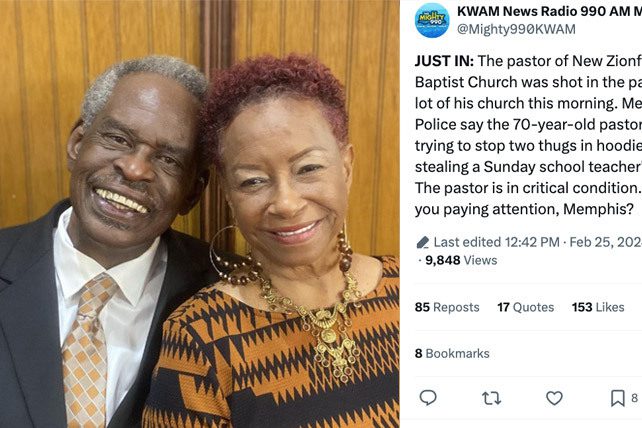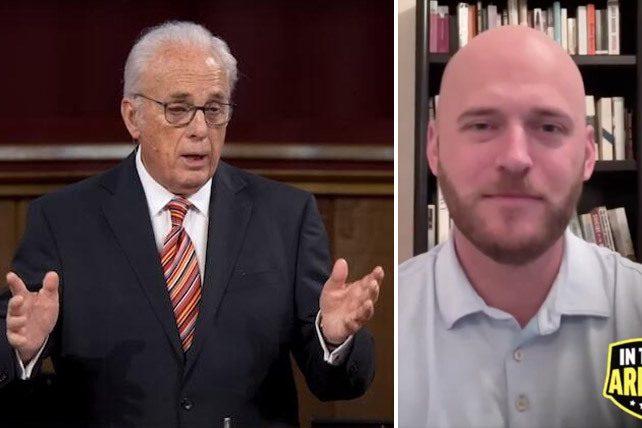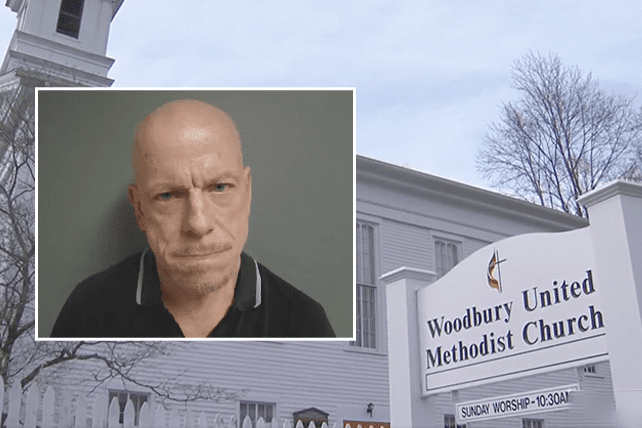Understanding violence and war within the biblical narrative is essential for comprehending the broader theological, moral, and historical dimensions of the scriptures. These narratives, steeped in complex historical contexts and cultural norms, offer profound insights into the human condition, divine justice, and the nature of conflict. For modern believers and the wider society, these stories can be perplexing, challenging, and at times, unsettling. They raise fundamental questions about the nature of God, the ethics of war, and the path to peace and reconciliation.
The impact of these biblical accounts extends beyond academic curiosity; they shape theological beliefs, ethical frameworks, and communal identities. In a world where religious texts continue to influence global perspectives and actions, a nuanced understanding of these passages is more crucial than ever. This analysis aims to explore the multifaceted depictions of violence and war in the Bible, looking into their historical settings, literary forms, and theological implications.
Depictions of War and Biblical Violence
Old Testament Battles: The Old Testament is replete with narratives of battles and wars, often depicted as acts of divine judgment or fulfillment of God’s promises. One of the most notable examples is the conquest of Canaan led by Joshua (see Joshua 11:16-23). These stories are set against the backdrop of ancient Near Eastern warfare practices and are integral to understanding the Israelites’ history and identity. The violence in these accounts raises questions about divine justice, the morality of war, and the concept of a “chosen people.”
Divine Judgments: Episodes of divine judgment, such as the Flood in the time of Noah or the destruction of Sodom and Gomorrah, represent another form of violence within the biblical narrative. These events are portrayed as direct interventions by God to punish wickedness and restore moral order. They offer insights into the biblical worldview concerning sin, righteousness, and divine retribution, challenging readers to reflect on the nature of justice and mercy.
RELATED: Poll: More Religious Americans Support the Use of Political Violence
Personal Acts of Violence: The Bible also recounts numerous personal acts of violence, from Cain’s murder of Abel to David’s plot against Uriah. These stories highlight the complexities of human nature, the consequences of sin, and the possibility of redemption. By examining these individual acts, we can explore themes of jealousy, power, guilt, and forgiveness, which remain profoundly relevant in understanding human behavior and ethics.
Historical and Cultural Contexts: Each of these narratives must be understood within their historical and cultural contexts. The ancient world was marked by tribal conflicts, territorial disputes, and societal norms that differ significantly from modern perspectives. Understanding the historical background helps in interpreting these stories beyond their literal events, allowing us to grasp their symbolic meanings, ethical implications, and theological messages.
Questions and Reflections
- How do we reconcile the violence in these narratives with the moral and ethical teachings found elsewhere in the Bible?
- What can these stories teach us about human nature, divine justice, and the consequences of sin?
- How should modern readers interpret and apply the lessons from these ancient texts in today’s context?
By exploring truths and individual reactions, readers can develop a deeper understanding of these complex and challenging aspects of the biblical narrative.

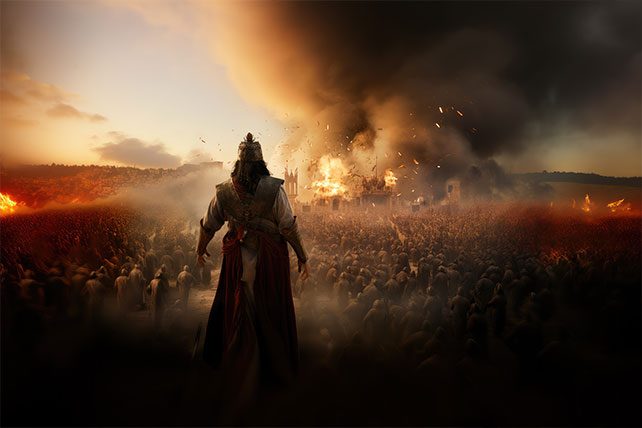

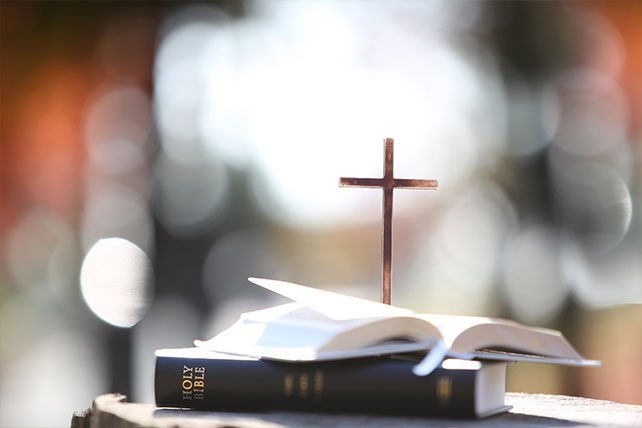
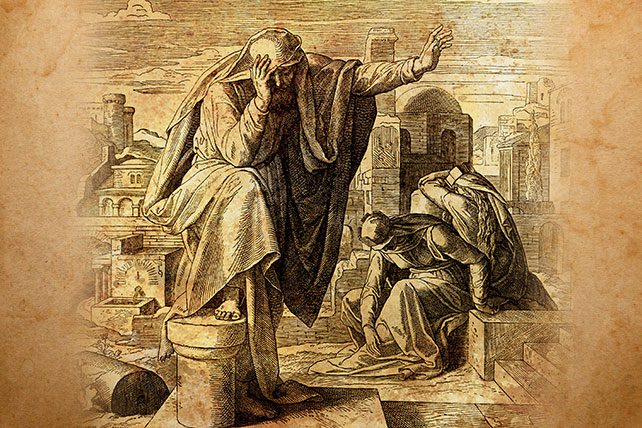
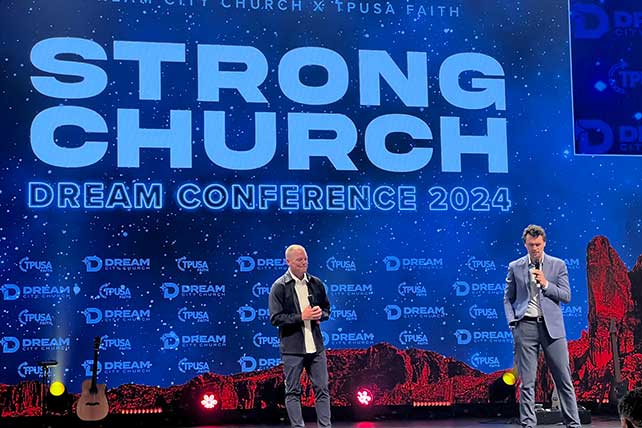
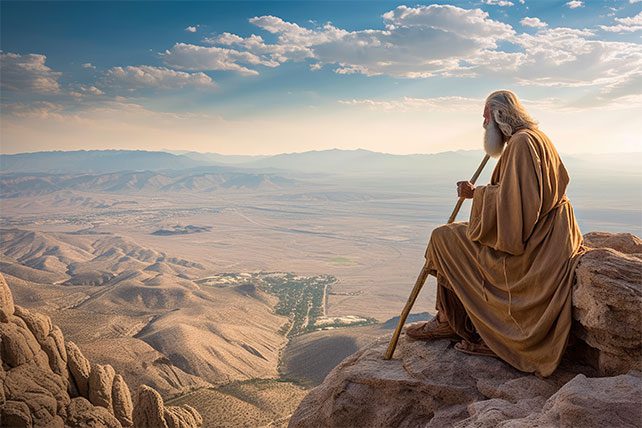

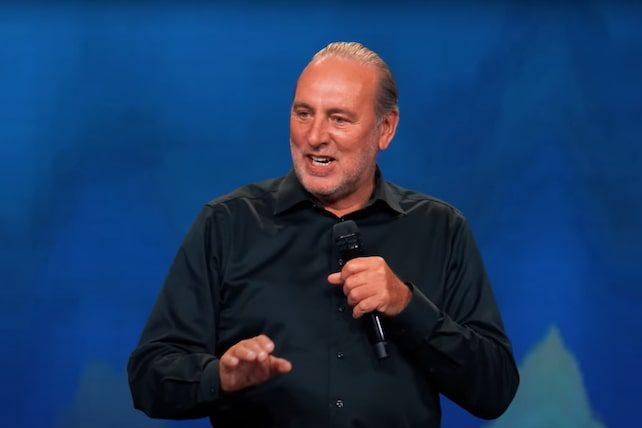
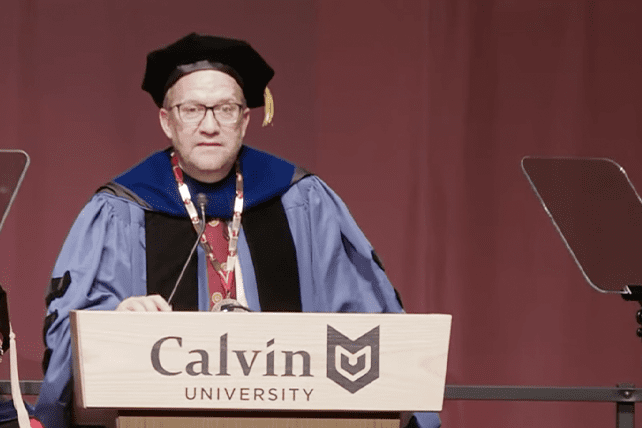



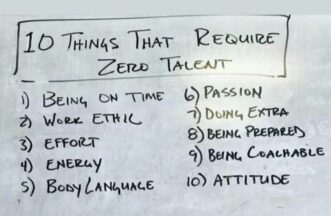

 In our us versus them world, how can we engage with and minister to people with differing beliefs in a way that truly honors God? In this week’s conversation on FrontStage BackStage, host Jason Daye is joined by Terry Crist. Terry is the co-lead pastor of City of Grace in Phoenix, along with his wife, Judith. Terry is passionate about the beauty of the gospel and its power to transform communities. His most recent book is titled “Loving Samaritans.” Together, Terry and Jason explore how we, as ministry leaders, can live lives of radical kindness and inclusivity without compromising our beliefs or the truth of the gospel. Terry shares from his own experiences in ministry how to find common ground with those who have differing beliefs and extend grace to them as you share the love of Christ.
In our us versus them world, how can we engage with and minister to people with differing beliefs in a way that truly honors God? In this week’s conversation on FrontStage BackStage, host Jason Daye is joined by Terry Crist. Terry is the co-lead pastor of City of Grace in Phoenix, along with his wife, Judith. Terry is passionate about the beauty of the gospel and its power to transform communities. His most recent book is titled “Loving Samaritans.” Together, Terry and Jason explore how we, as ministry leaders, can live lives of radical kindness and inclusivity without compromising our beliefs or the truth of the gospel. Terry shares from his own experiences in ministry how to find common ground with those who have differing beliefs and extend grace to them as you share the love of Christ.